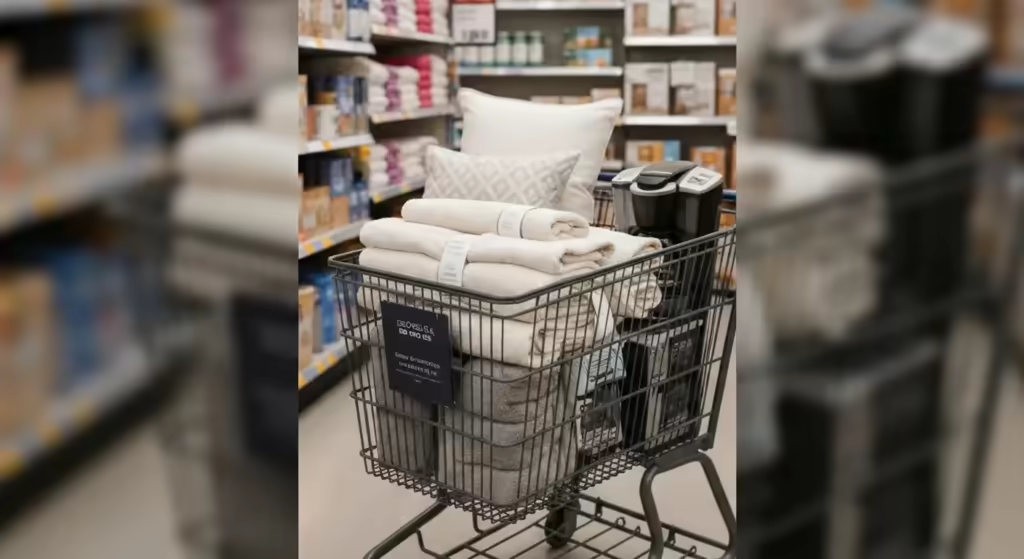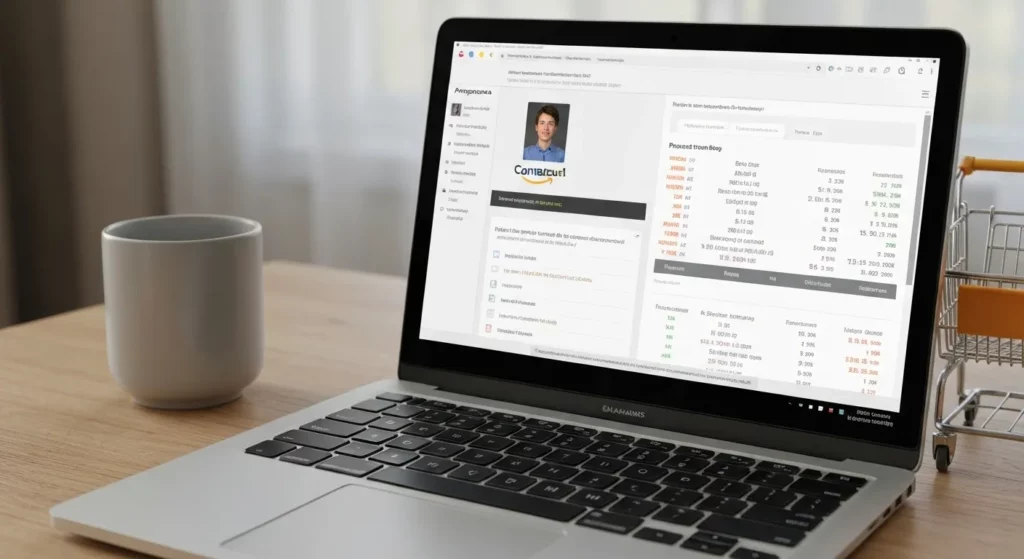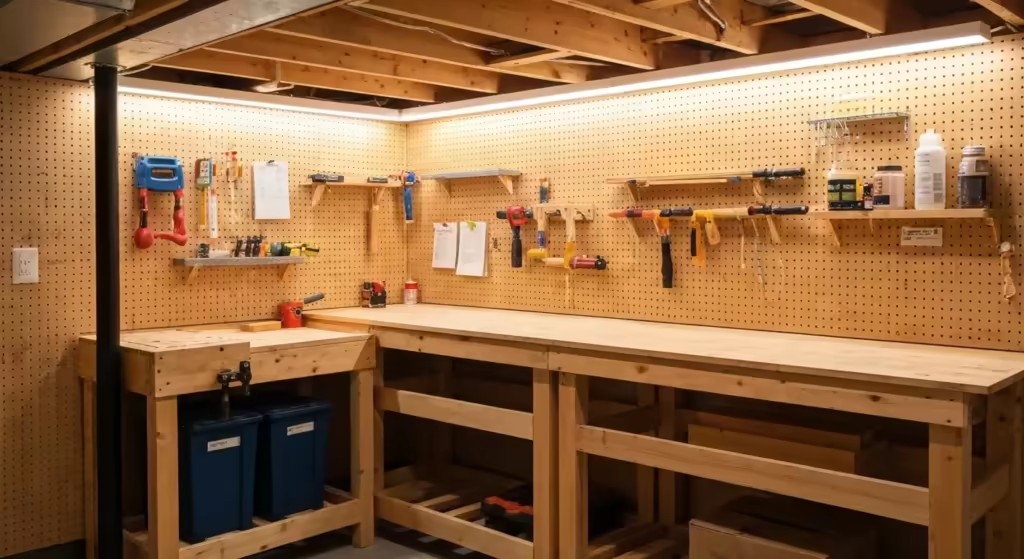Yes, you can be part of the lower class without being aware of it!
The economic landscape is changing constantly, and with the rise of inflation, you might be in for a surprise and not have the same spot in the hierarchy as you used to have. The goalposts for what it means to be financially secure are shifting beneath our feet, making it difficult to gauge where we truly stand. What was once considered a comfortable middle-class existence is, for many, now a daily struggle to stay afloat.
This isn’t just about numbers on a spreadsheet; it’s about the real-world squeeze on your household budget. The price of groceries, gasoline, and utilities has climbed relentlessly, while wages for many have failed to keep pace. This widening gap can quietly erode your financial standing over time, pushing you into a lower economic bracket without any single, dramatic event to signal the change. It’s a slow, creeping realization that things are much tighter than they used to be.
Maybe you know that you are above the lower class or “working class,” but if you pay attention to some signs, you might recognize yourself in them. But how is this possible? A few years ago, you could swear you were middle class! This cognitive dissonance is common. We often cling to a self-image rooted in a past reality, finding it hard to accept that our current financial situation tells a different story. It’s a matter of identity as much as it is a matter of economics.
Well, as we already said, things are different than they used to be, and this affects every single one of us. When you are living in the United States, it’s easy to fall into the trap of the “American Dream” because we are taught that anyone can achieve it if they are working hard. However, the growing income inequality makes many families struggle to make ends meet, and this starts more and more to sound like a fantasy. The traditional markers of success—homeownership, a new car, annual vacations, and saving for retirement—feel increasingly out of reach for a growing segment of the population. The dream itself hasn’t changed, but the economic ladder to reach it seems to have had many of its rungs removed.
The truth is, class isn’t just about your job title or the car you drive; it’s about financial resilience, opportunity, and security. It’s about your ability to handle an unexpected crisis without falling into a spiral of debt. Acknowledging the possibility of a shift in your economic class isn’t about admitting defeat; it’s about gaining a clear-eyed view of your reality so you can take practical steps to improve it.
Worried you might be part of the lower class? Just look at the signs and see if they match your lifestyle.

High debt-to-income ratio
At this time, staying out of debt in America is a real challenge. The rising costs of living, stagnant wages, and an increasing reliance on credit are pressing on the population more than ever, and a decent way of living is harder to achieve. From mortgages and rent that consume a huge chunk of income to the ever-present burden of student loans and medical bills, debt has become a standard feature of American life. However, when that debt becomes overwhelming, it’s a major red flag.
It is not uncommon for people to have monthly payments that surpass their income. Loans, credit cards, and car payments—they all cost more, and they can make the lives of many terrible. We’re not just talking about luxury spending; this is often debt incurred for basic necessities. People turn to credit cards to pay for groceries, take out personal loans to cover a rent shortfall, or finance essential car repairs. This reliance on borrowing to survive is a classic indicator of financial distress and a clear sign of a precarious economic position.
According to financial experts, a DTI ratio exceeding 40% of your gross monthly income might indicate that you are part of the lower class. Yes, it is tough to hear this, but such a high DTI ratio is a clear sign of financial instability. This means that before taxes are even taken out, nearly half of your earnings are already spoken for by lenders. This leaves very little room for essentials like food, utilities, and transportation, let alone any kind of savings or discretionary spending. It’s a mathematical formula for living on the edge.
Also, if you are in this situation, there is a chance that you have trouble with your credit score. Poor credit history, low income, and the need for more debt to cover existing obligations indicate that someone is part of the lower class. This creates a vicious cycle: a high DTI ratio often leads to missed or late payments, which damages your credit score. A lower credit score means any new credit you seek will come with much higher interest rates, making your debt even more expensive and harder to pay off. You end up paying more for money precisely because you have less of it.
You are not able to save money
Ok, maybe a few years ago you were able to maintain a savings account, but now you feel like saving is an almost impossible thing to consider. You have bills to pay, groceries to make, the money you spend on transportation, and let’s not forget the basic needs. This really makes you feel like you are lower class. Your entire paycheck seems to evaporate within days of it hitting your account, allocated to rent, utilities, insurance, and debt payments before you’ve even had a chance to think about the future.
But these things have always existed, right? What changed that you are now not able to save anything? It’s sad to think that you can’t have an emergency fund or invest in your future, but this happens due to the rising prices and the salaries that remain unchanged. This is the reality. The “silent tax” of inflation means that even if your salary stayed the same, your purchasing power has decreased significantly. The $100 you used for a full cart of groceries a few years ago now barely covers the basics, and that difference comes directly out of what you might have once saved.
When this lack of savings is present in your life, be sure it is a stark signal of being lower class. Without an emergency fund consisting of enough money to cover three to six months of living expenses, any individual is left highly vulnerable. Living paycheck to paycheck means that any unexpected expense, like a medical emergency or car breakdown, could lead to a financial disaster. That one bad event—a leaky roof, a broken furnace, an unexpected dental bill—can be the catalyst that pushes you from “just getting by” into a full-blown crisis.
This financial precarity also carries a significant opportunity cost. When you can’t save, you can’t invest in your own future. You can’t put money toward a down payment on a home, which is a primary vehicle for wealth creation. You can’t pay for a professional certification that could lead to a higher-paying job. You are effectively trapped in your current circumstances, unable to fund the very things that could help you escape the cycle.
This creates a cycle of stress and anxiety, and if you are feeling all of these, you should know that this is a phenomenon that is common among lower-class people. The constant mental load of juggling bills, worrying about unexpected costs, and feeling hopeless about the future can have serious consequences for your mental and physical health. This chronic stress is an invisible but heavy burden carried by millions.
Access to education is limited
When you or your kids are not able to access quality education services, this is a strong indicator of being part of the lower class. Good education is the gateway to escaping the lower class due to the opportunities. The more educated you are, the more opportunities are in for you. This applies to both K-12 schooling for children and continuing education or skills training for adults. Access to quality education is one of the most powerful engines of social and economic mobility.
You need education to climb the socioeconomic ladder, and when education is lacking, those who are unfortunate have a higher chance of being part of the lower class. This often starts with where you can afford to live. Public schools are largely funded by local property taxes, which creates vast disparities in the quality of education between wealthy and low-income neighborhoods. One is a path to opportunity, while the other is often a struggle for basic resources.
The underfunded schools, lack of resources, or the inability to afford extracurricular activities make it a real challenge for the kids and the parents to access a brighter financial future. This perpetuates the cycle of poverty and creates a divide between the lower and higher classes. Also, this is how people remain stuck in the lower class for generations. Children in these situations may not have access to experienced teachers, up-to-date textbooks, modern technology, or enrichment programs like arts and sports, which are crucial for development and for building a competitive college application.
For adults, the barrier is just as high. The dream of going back to school for a better degree or re-skilling for a trade in high demand is often crushed by the reality of cost. How can you afford tuition when you can barely pay your rent? How can you take time off work to attend classes when you need every single paycheck to survive? This lack of access to adult education effectively locks people out of the modern economy’s better-paying jobs, ensuring they remain in low-wage positions with little hope for advancement.
You are receiving government assistance
Thank God for the government assistance, as it helps many folks to live their lives decently. But if food stamps or subsidized housing are a normal part of your life, this is a sign you are part of the lower class. Programs like the Supplemental Nutrition Assistance Program (SNAP), Section 8 housing vouchers, or Medicaid are designed as a safety net. Their very existence is an acknowledgment that the market economy does not provide enough for everyone to meet their most basic needs.
When your financial needs exceed your ability to meet basic living expenses independently and you need government assistance, it is clear that something is not working well financially. The money you have is not sufficient to cover food, housing, or healthcare without additional support. Relying on these programs means that, by definition, your income falls below a certain threshold of poverty or near-poverty set by the government. It is a direct and objective measure of economic struggle.
Now, there is no shame in receiving assistance from the government, but the very fact that you’re eligible for assistance means you are part of the lower class. Assistance is a lifeline that many need and is a good way to support yourself if you are trying to escape this cycle. Instead of viewing it as a personal failure, it’s more accurate to see it as a symptom of a broader economic system where wages have not kept pace with the fundamental costs of living. These programs provide a crucial floor, preventing deeper poverty and providing a measure of stability from which a person can attempt to rebuild.
While this support is vital, a long-term reliance on it is a definitive sign of being entrenched in the lower economic class. It indicates that you are not participating in the economy in a way that allows for self-sufficiency, let alone prosperity. The goal for many is to use this assistance as a temporary bridge to a more stable financial future, but for an increasing number of people, it has become a permanent feature of their economic reality.

Living paycheck to paycheck
Even if this is the last entry on our list, it is also the most striking sign someone is lower class. This pattern shows that a significant financial imbalance is present in your life. You are able to pay your expenses most of the time, but you can’t save anything, and let’s not even talk about unexpected expenses. It’s a state of constant financial motion without any forward progress, like running on a treadmill. You experience the stress and exhaustion of effort, but you end up in the exact same place month after month.
Living paycheck to paycheck often goes unnoticed most of the time, but when a crisis takes place, this is when you realize that you are unable to take care of the whole situation properly. The crisis doesn’t have to be a major catastrophe. It can be your car’s transmission failing, a child needing braces, or your refrigerator suddenly dying. For a person with savings, this is an inconvenience. For someone living paycheck to paycheck, it’s a potential disaster that can lead to high-interest debt, eviction, or choosing between a repair and buying food.
What happens is that you are just spending what you earn, with no progress toward long-term stability. This simply means that your income is not enough to meet even the basic costs of living, and from an objective point of view, this is what being lower class is all about. You are trapped in a cycle of “tyranny of the urgent,” where your entire focus and all of your resources must be directed at immediate survival. There is no mental or financial bandwidth left to plan for the “important” things like retirement, investments, or career advancement.
Unfortunately, the only way to escape the lower class is to increase your income. This can be done by changing your job or trying some side gigs. Also, be very careful when you are negotiating your salary. Research your market value and be prepared to advocate for what you are worth. Sometimes, even a small, consistent side income from a hobby or skill can be the crucial difference that allows you to start saving or paying down debt faster.
Another important aspect is to always pay your debt in case you have any. Leaving the debt unpaid only means more financial burden, and this will bring you down even more. If you’re overwhelmed, consider strategies like the “debt snowball” (paying off smallest debts first for psychological wins) or the “debt avalanche” (paying off highest-interest debts first to save money). Creating a detailed budget is not about restricting yourself; it’s about empowering yourself by understanding exactly where your money is going so you can make intentional choices.
If you need more info about how the status system works in our country, then this book might be a good read for you. It’s simple and provides you with all the info you need: Class: A Guide Through the American Status System
A renovating project equals more money to be spent, but if you are smart and you know a few tricks, you can significantly reduce these costs. Maybe you are forced to renovate and do this because of an emergency, and when this happens, you might be angry that you have to spend a fortune on tools and materials. That feeling of being forced into a large, unbudgeted expense is incredibly frustrating, especially when every dollar counts. It can feel like you’re taking one step forward and two steps back. Because of this, we have the perfect article for you! It’s time to take back some control and turn that frustration into empowerment. Learn how to get the best supplies without breaking the bank, how to spot clearance deals, and how to use store policies to your advantage: Home Depot Hacks: 5 Expert Tips to Save Like a Pro














